Cancer & Silent Starvation: How to Protect Your Appetite and Fight Back
Category: Cancer Strategies
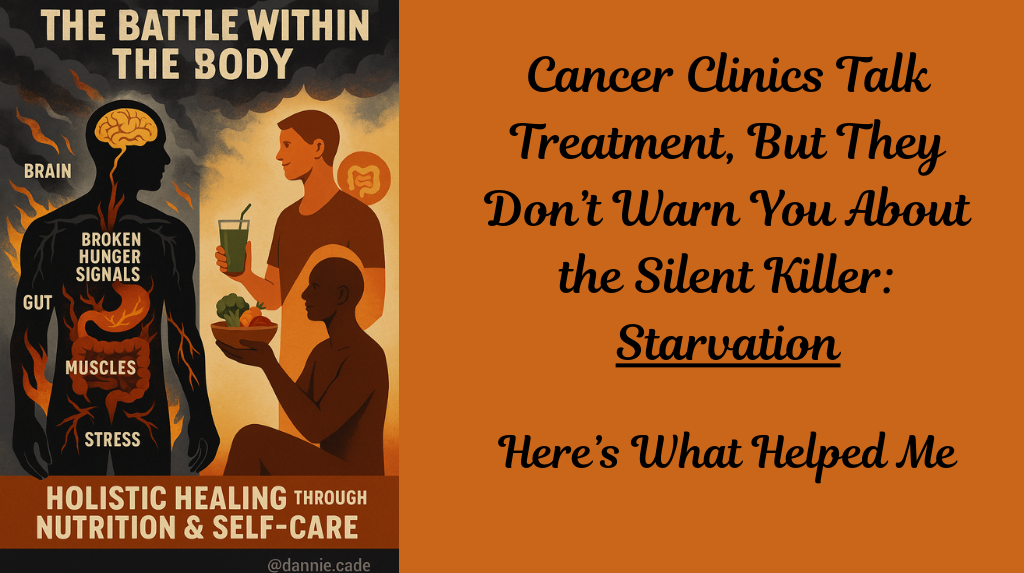
The Key to Preventing Appetite Loss During Cancer: Nourishing Your Body Before the Crisis Hits
When we’re diagnosed with cancer, the first thing they talk about is treatment – but when do they discuss nutritional support with us? We all know cancer is a battle, but what most people don’t talk about is the war happening inside your body where eventually appetite loss takes over.

If you’re already there, struggling with a lack of appetite, then you’re already playing catch-up. But what if there’s a way to prevent it from ever happening in the first place?
It wasn’t until I was in the thick of my battle that I learned that nutrition is something we should focus on before appetite loss starts creeping in, and because I didn’t know that, I’m one of the ones who hit that point where food became impossible to swallow or even think about, and that set me up for a long, slow, and dangerous decline that I want to help you or your loved ones avoid.

Here’s the truth: Appetite loss during cancer isn’t just an unfortunate side effect—it’s a warning sign that your body is losing the ability to fuel itself. When that happens, the downward spiral is almost inevitable unless you take action.

Why Appetite Loss Happens: The Hidden Battle Within
Appetite loss during cancer isn’t just a side effect; it’s a warning sign that your body is losing the ability to fuel itself. Here’s why this happens:
1. The Gut-Brain Axis
The gut-brain axis is a direct line of communication between your gut and brain. Cancer and its treatments disrupt this connection, causing your brain to stop sending hunger signals. Your gut can also become inflamed, making digestion harder, leading to nausea, and further killing your appetite.

2. Stress and Hormonal Changes
Cancer raises cortisol levels, a stress hormone that decreases appetite and disrupts digestion. Chronic stress and high cortisol can also lead to inflammation, which further suppresses hunger and makes eating feel impossible.

3. Hormonal Imbalances
Cancer alters hormones like ghrelin (the hunger hormone), making you feel less hungry. It also increases inflammatory cytokines, which disrupt your body’s natural hunger signals, contributing to appetite loss and muscle wasting.
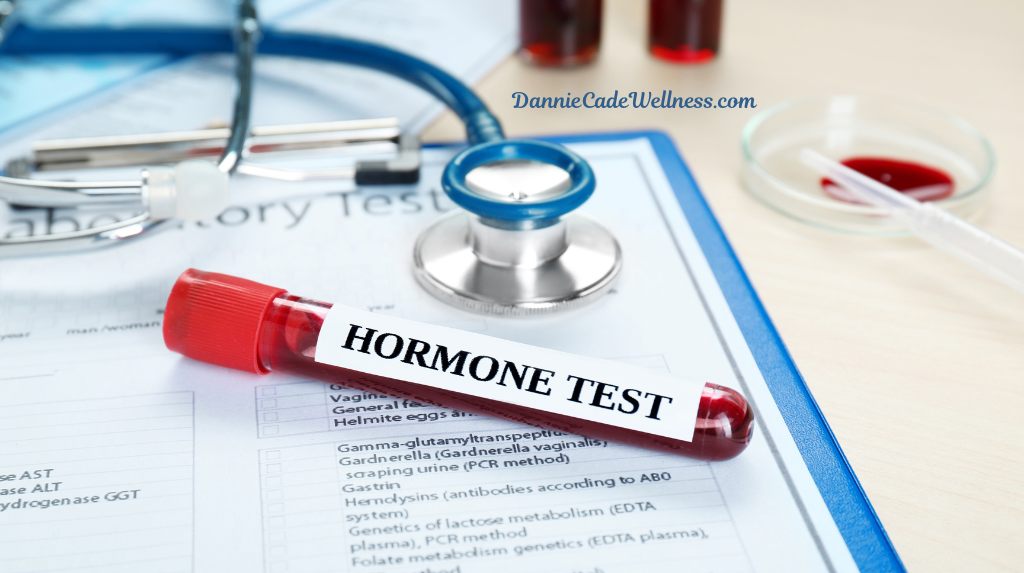
4. Muscle Wasting and Nutritional Deficiency
When you stop eating, your body breaks down muscle for energy. Without proper nutrition, it can’t rebuild muscle, leading to more weakness and further loss of appetite. Nutritional deficiencies worsen the problem and slow down recovery.

So, how do you protect yourself from this downhill slide?
1. Prioritize Gut Health from the Start
Before appetite loss even enters the picture, your digestive system should be a primary focus. Cancer, treatments, and stress wreak havoc on your gut, but the damage doesn’t have to be irreversible. Proactively nourishing your gut can help keep it in balance and prevent the digestive system from shutting down later.
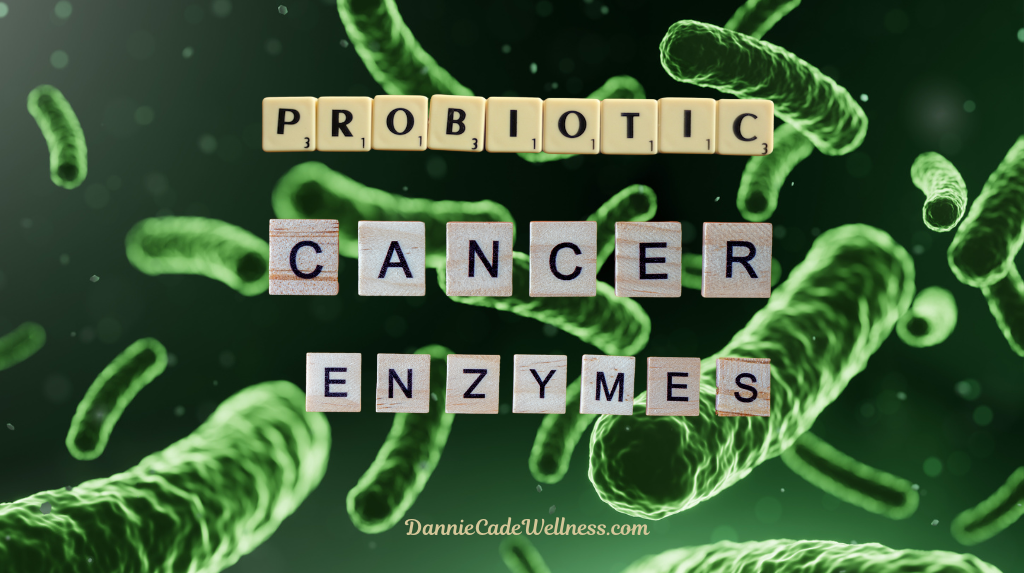
Probiotics and digestive enzymes were a non-negotiable part of my survival strategy—they helped to ensure my body could absorb nutrients even when I couldn’t stomach solid food. Supplements are an option as well as eating gut friendly foods, but if you’re lucky enough to find it included in a meal replacement drink, that’s easiest – speaking from experience here.
2. Fuel Your Body with Clean, Nutrient-Dense Food
When your body is in survival mode, it needs the highest quality fuel. I’ve heard mainstream medicine advise patients to ‘eat what they want, they’re already suffering enough so why take away that joy too’ but this is not the time to load up on processed, nutrient-devoid junk just to “fill up.”

Instead, it’s crucial to focus on whole, clean foods that support your immune system and keep inflammation at bay. Things like leafy greens, healthy fats, and lean proteins are essential. They help build the muscle mass you need, keep your immune system strong, and fight back against the inflammatory effects of cancer.

By the time I figured this out I couldn’t stomach any of that so I leaned on a drink mix that had the benefits of all of that and more…that’s an option as well…and I don’t mean those pre-made store bought ones that mainstream medicine suggests.
3. Build Strong Muscle Before Muscle Wasting Kicks In
One of the dangers of cancer and the resulting appetite loss is cachexia—a severe muscle-wasting syndrome that makes it nearly impossible to maintain strength. Building muscle early on when you still can, can help keep you out of this dangerous territory. Focus on light resistance exercises or walking to keep your muscles active, and prioritize protein-rich nutrition to support muscle repair.

4. Hydration is Key—But Not Just Water
Staying hydrated is crucial, but it’s not just about drinking water. Hydration also means providing your body with electrolytes and the nutrients it needs to stay balanced. Smoothies, coconut water, soups or even bone broths can keep you hydrated while offering the body essential vitamins and minerals—without overwhelming your digestive system. There are also safe electrolyte beverages available that I really enjoy.
5. Support Your Nervous System
One of the hidden culprits of appetite loss is stress. The constant fear and anxiety cancer brings can trigger the gut-brain axis to shut down, signaling your brain to stop feeling hungry. This can lead to nausea and a loss of appetite before you even realize it’s happening.
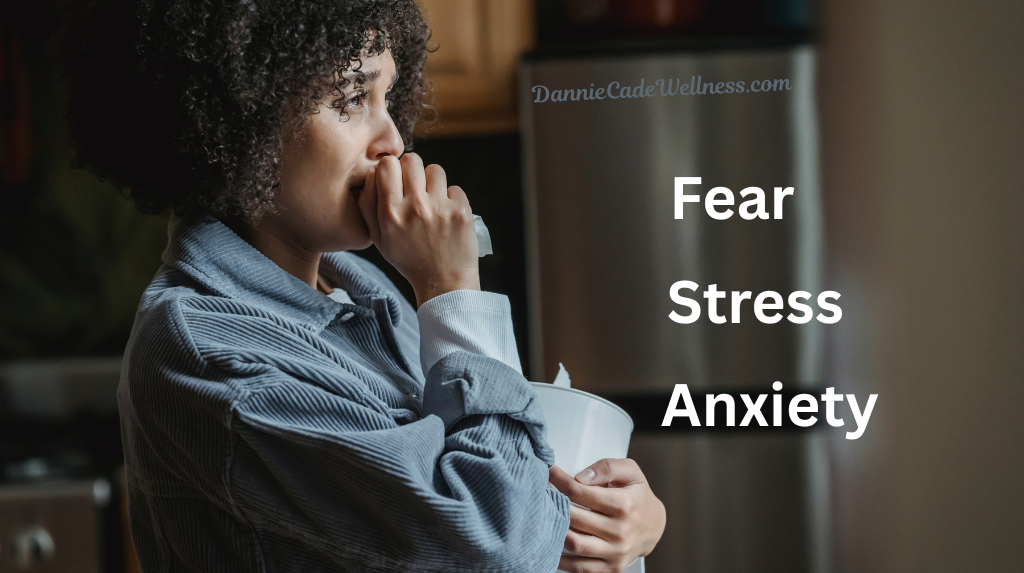
Supporting your nervous system with adaptogens like Ashwagandha, GABA or nmy favorite stress relief complex can help balance cortisol levels and support the body’s stress response. I also found that intentional breathing and/or trauma release exercises were critical for calming my system—helping me avoid the gut-brain panic loop that makes it impossible to eat.
6. Get Ahead of Inflammation
Inflammation is a constant companion with cancer, but if you wait until it’s already wreaking havoc on your body, you’re fighting an uphill battle. By eating an anti-inflammatory diet rich in omega-3 fatty acids, turmeric, ginger, and berries, you can keep inflammation under control and reduce the risk of appetite loss due to digestive distress.
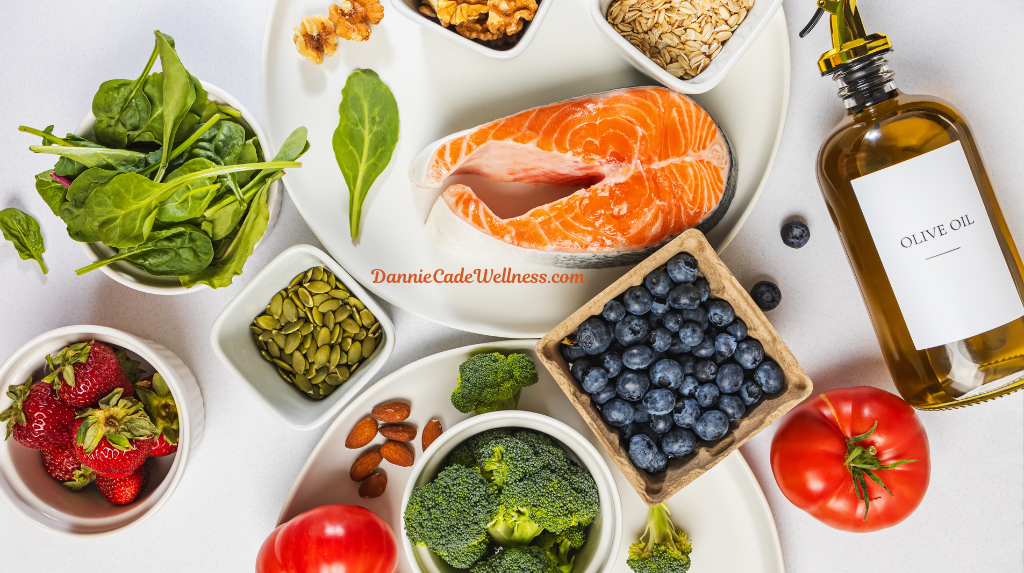
The Bottom Line: Act Early, Stay Ahead
Appetite loss doesn’t just happen overnight, it’s a signal from your body that things are starting to go wrong on a deeper level. By prioritizing nutrition, gut health, muscle preservation, and stress management before you ever lose your appetite, you can keep your body strong and better prepared to fight the battle.
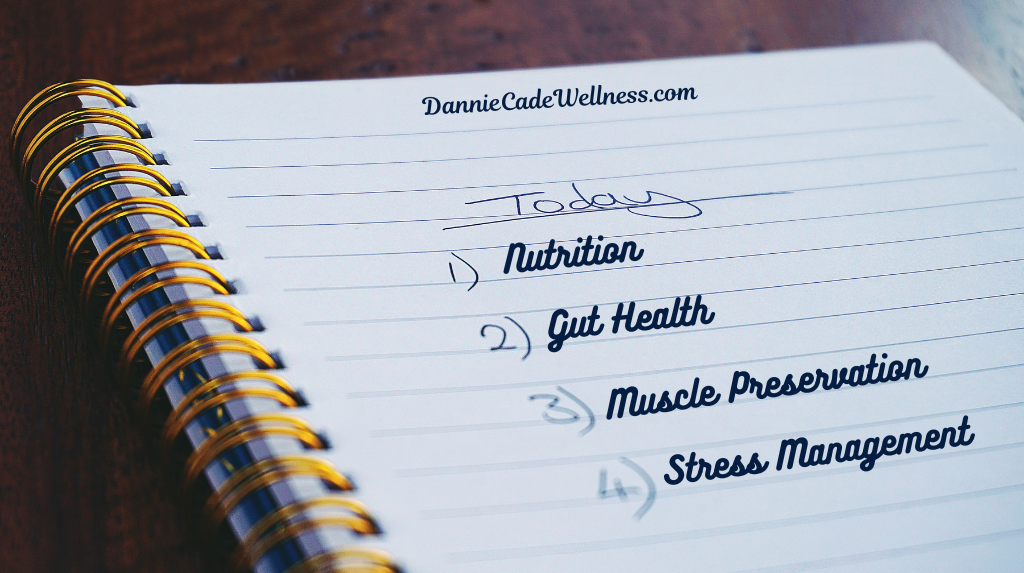
If you’re already in the throes of appetite loss, it’s not too late, but the sooner you act, the better. Please! Don’t be like me where you’re already into a state of cachexia before you decide to address this, the goal isn’t just to survive – it’s to fight smart, and fighting smart means preparing before your body starts to break down.
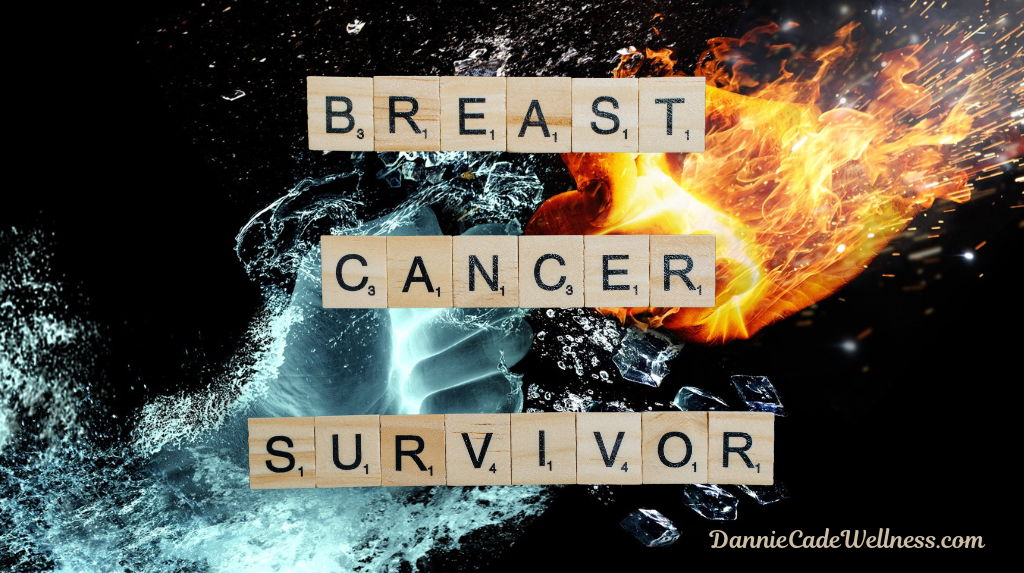
You don’t have to wait for things to get out of control like I did, and I wouldn’t have either if someone had told me wat I’m sharing with you, but if your body is telling you that it’s struggling to get the fuel it needs, it’s time to take action NOW.
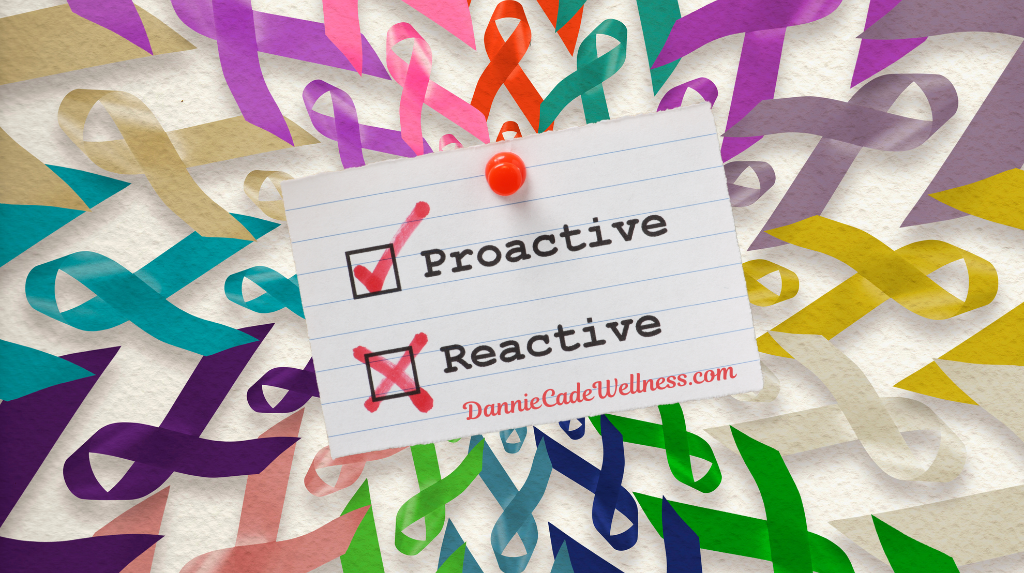
Drop FUEL in the comments and I’ll share the strategies I used that kept my body from breaking down even further, even when it felt like everything was well past that point of being able to turn it around.
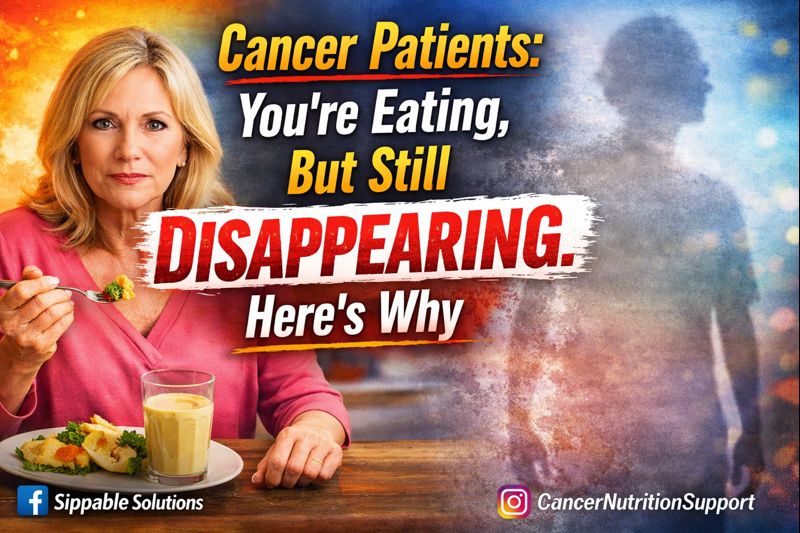
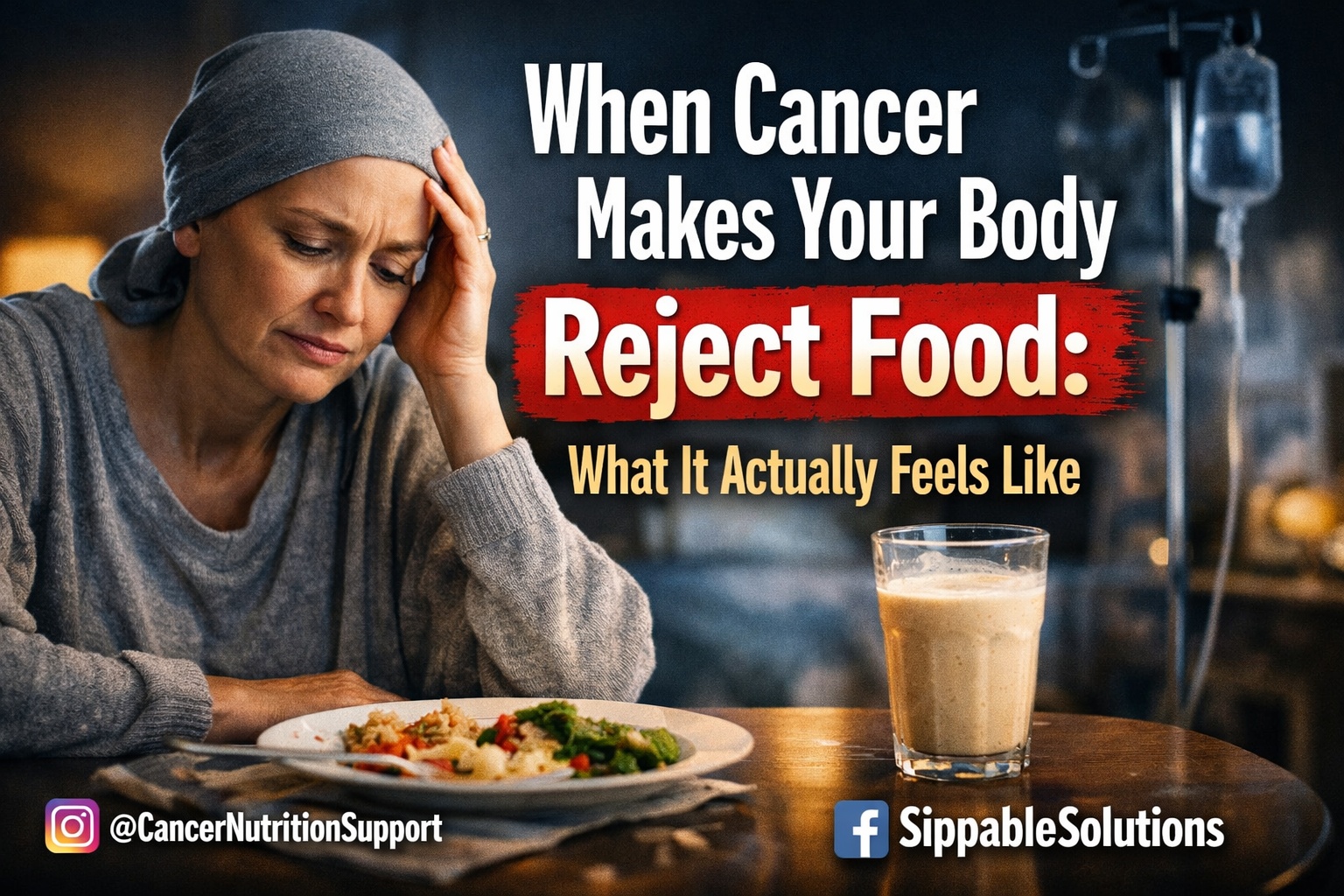
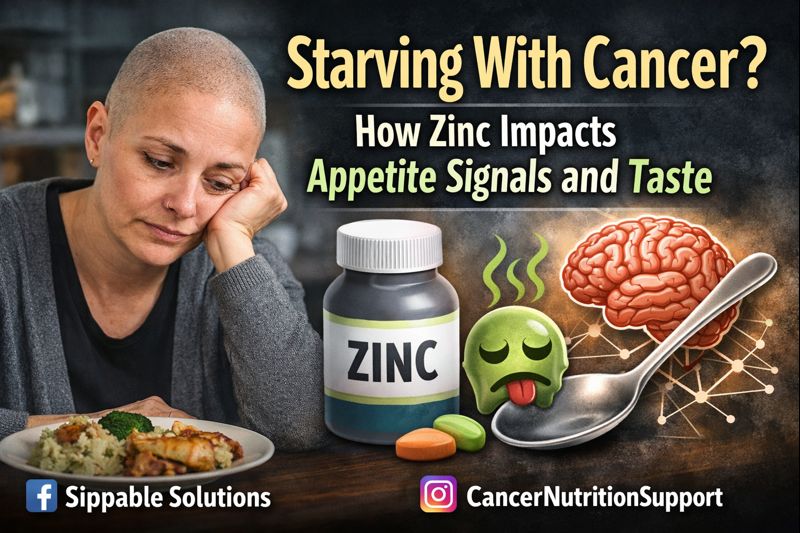
Facebook Comments